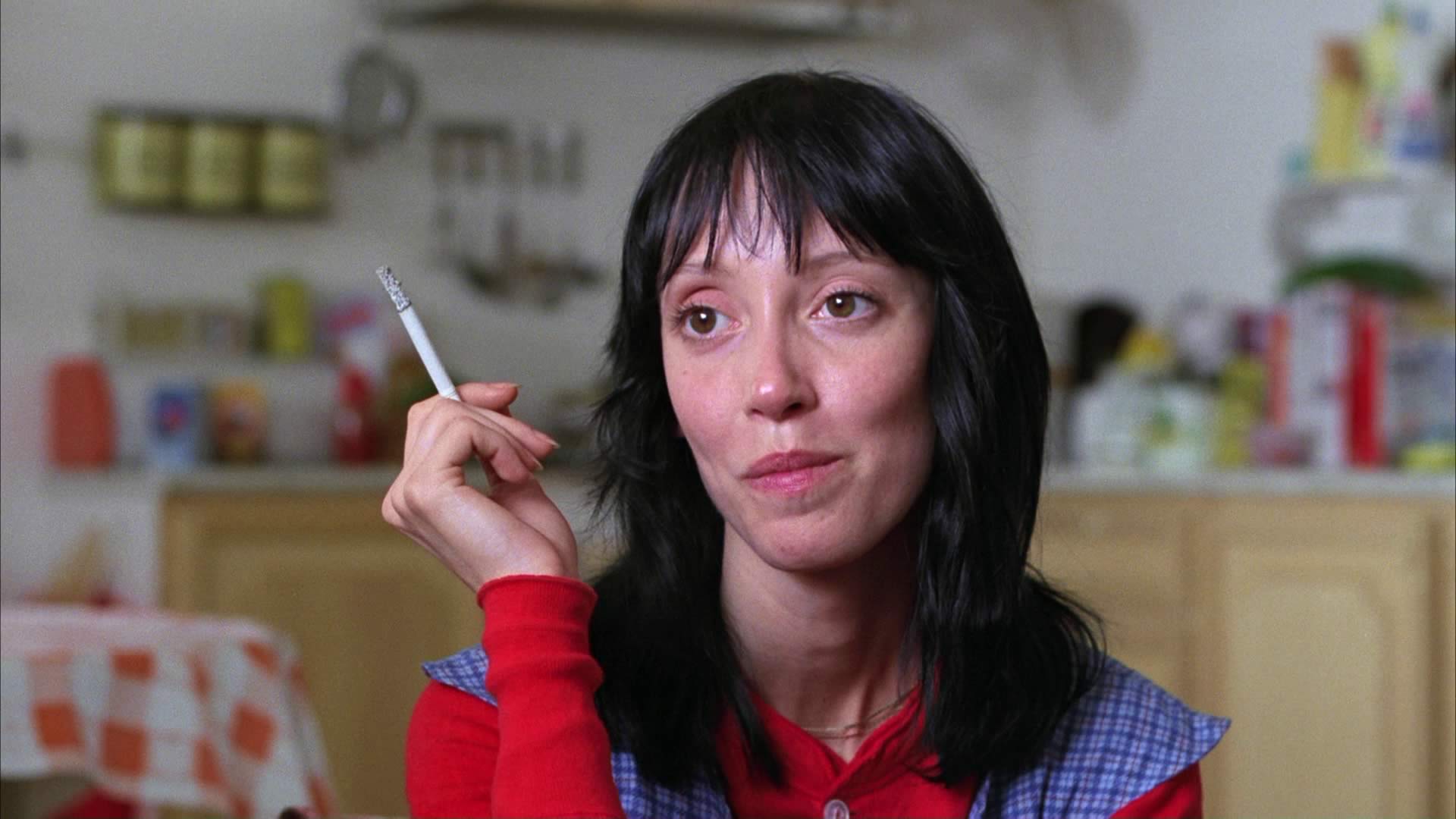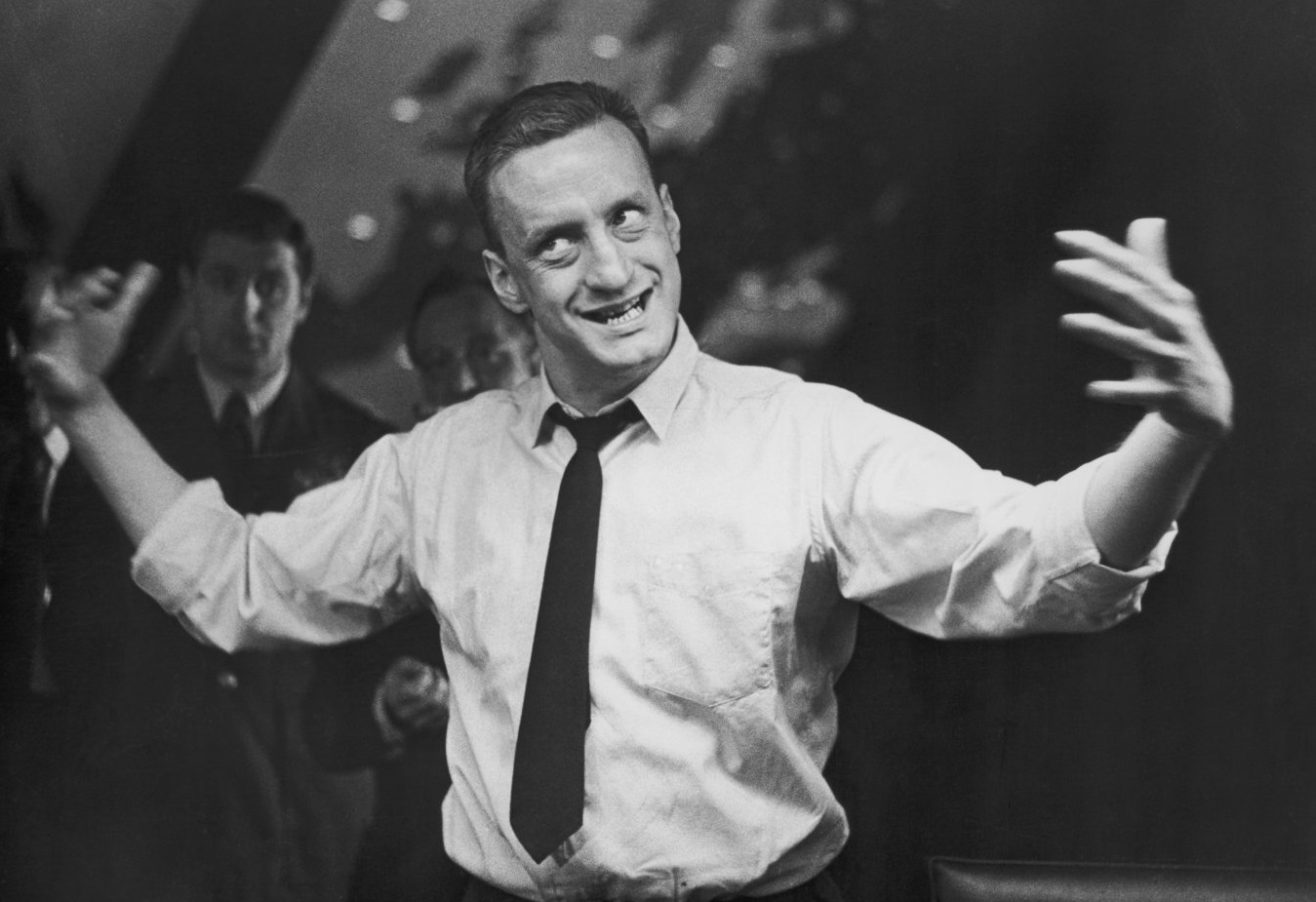1 Hilarious Scene in Stanley Kubrick Film Proves Director May Not Be as Compulsive Despite His Reputation as a Perfectionist
Known to be an exceptional filmmaker, Stanley Kubrick was way ahead of his time. His legacy filmography is filled with classic flicks that are considered masterpieces today. From thrillers like The Shining and Eyes Wide Shut to the sci-fi fantasy 2001: A Space Odyssey, Kubrick excelled at making people think with his work. Moreover, with his desire to keep his life private, the general public hardly knew much about what went on in the iconic filmmaker’s enigmatic mind.
Stanley Kubrick’s Desire for Perfection

As he was known to be a thorough perfectionist, many fans thought Stanley Kubrick had obsessive-compulsive disorder. The director needed everything in an organized manner and reshot every scene until it was perfect in his eyes. His desire to have everything in order was so great that he took years to prepare for one movie from its screenplay to the casting and each individual scene. That appears understandable since making it big in Hollywood demands a higher level of passion and stubbornness to have creative freedom in bringing a vision to life.
At times, this angered actors as the process of making one movie was more rigorous than anything they ever worked on. In one such instance, actor George C. Scott got angry while filming Kubrick’s Dr. Strangelove in 1964. When it comes to getting a perfect take, Kubrick is known to push his actors out of their comfort zones and urge them to try different things. Even Shelley Duvall said in an interview with Coming Soon in 2011,
“I’m a very stubborn person and don’t like being bossed around and told what to do. Stanley pushed and pushed to get the performance out of me that he wanted. The script wasn’t really specific enough for me to understand what my character was going through mentally. For a person so charming and lovable, he can do some pretty cruel things when you’re filming.”

Similarly in Dr. Strangelove, Scott and Kubrick clashed on how the actor’s character General Buck Turgidson should be played out. Where Kubrick needed a certain unhinged quality to the role, Scott wanted to bring some sincerity for people to believe he was an army man. This constant state of disagreement caused many arguments on set. The actor and director usually settled arguments with a game of chess, which seemed hilarious at the time.
One action by Kubrick at the time of filming left everyone shocked as the director was seen as a perfectionist. He used one of the rehearsal shots rather than a formal filming take in Dr. Strangelove, as seen in an Instagram post. Scott gave a hilarious take while he thought the cameras were not rolling. Kubrick, having loved his performance, decided to include that shot in his finished movie rather than reshooting properly. This was one of the rare times when Kubrick let go of his need for perfection and included an improvised shot in his film.
Why Did George C. Scott Never Work With Kubrick Again?

General Buck Turgidson was played by George C. Scott in Dr. Strangelove, a dark comedy movie directed by Kubrick. This was the only collaboration between Scott and Kubrick. While many people wondered why this was, the answer lies in the movie Dr. Strangelove itself. In a scene where the President is being informed of the self-exploding machine, we see Gen. Buck get angsty over the discussion and fall on the floor, only to immediately get up and continue with his dialogue.
Also Read: Stanley Kubrick Almost Made Joaquin Phoenix’s Napoleon Movie Years Ago
Apparently, this was one of the practice shots that Kubrick took in an effort to make Scott relax and give a more free performance. Kubrick aspired to depict the General as an over-the-top character with physical comedy in his scenes. Scott, on the other hand, wanted to bring more seriousness to the role. While the director asked Scott to rehearse and promised these shots would not be used in the final movie, one of the practice takes made it to the final cut. When Scott saw the movie, he was appalled by Kubrick’s blatant lie and vowed to never work with him again.





